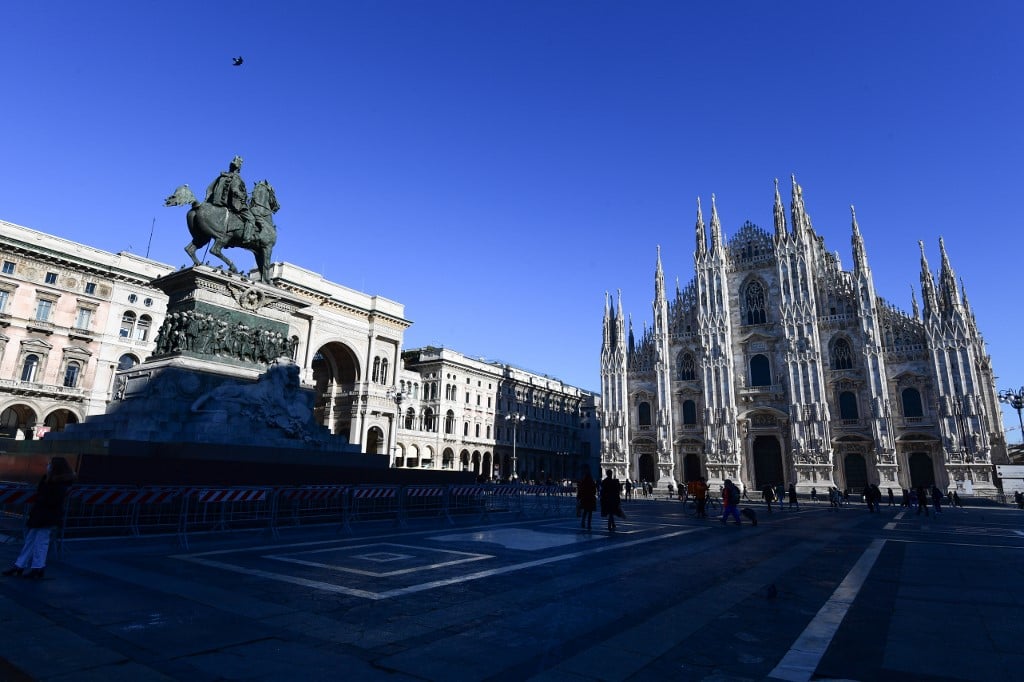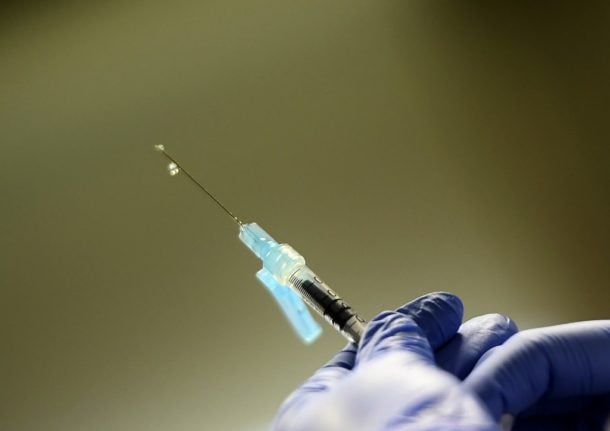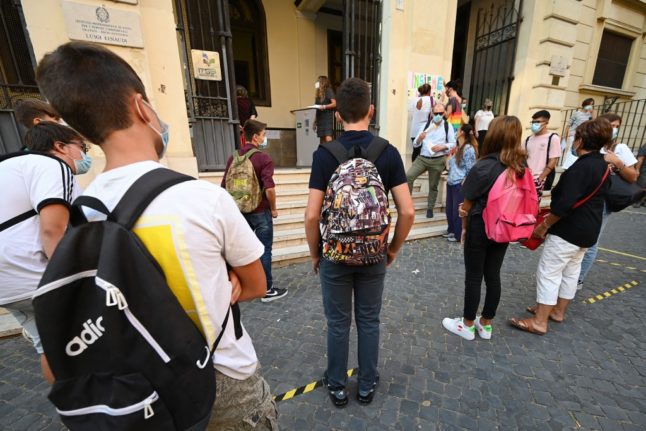
Tutti hanno diritto al vaccino indipendentemente dalla ricchezza del territorio in cui vivono.
In Italia la salute è un bene pubblico fondamentale garantito dalla Costituzione. Non un privilegio di chi ha di più.— Roberto Speranza (@robersperanza) January 18, 2021
The vaccine is not yet available to the general population in Italy.
Some regions including Lazio have said they aim to begin vaccinating over-80s in February.
Doctors and other healthcare workers are first in line (some 1.4 million people) along with residents in care homes – just over 570,000 people. the health ministry has said.



 Please whitelist us to continue reading.
Please whitelist us to continue reading.
Member comments